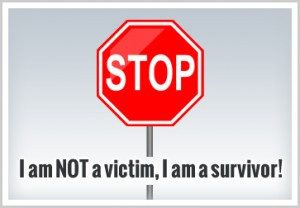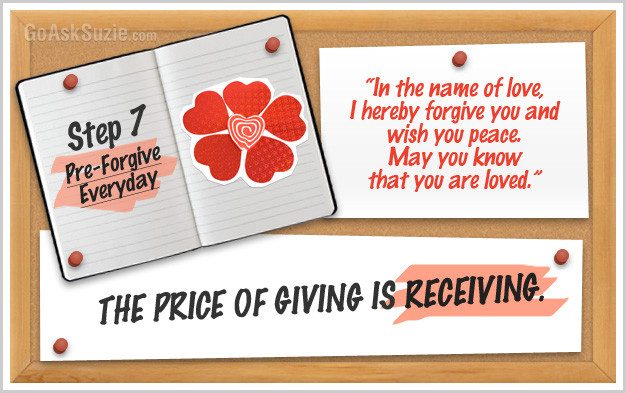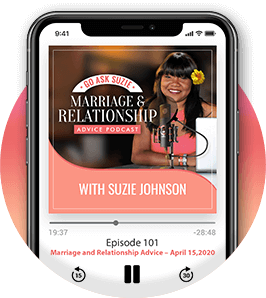The golden rule of forgiveness teaches us…
There’s no hierarchy in the order of mistakes. All mistakes are simply misguided decisions. No mistake is more worthy or less worthy of forgiveness than another.

Permission to Heal
Forgiveness and healing begins with acknowledgement.
If you’ve been hurt, don’t deny it. It would be silly to say there are no weeds in your garden when THERE ARE WEEDS in the garden. The truth is… deception, betrayal and lies would hurt anyone. With that said, giving yourself permission to forgive is really the same as giving yourself permission to heal and to be happy (regardless of the weeds).

Willingness to Let Go
Willingness doesn’t mean you have to know “how to do a thing”. It only means you are “willing” to do it.
“If I have the belief that I can do it, I shall surely acquire the capacity to do it, even if I may not have it at the beginning.”
– Mahatma Gandhi
Do your best not to exaggerate the importance of the hurt. Don’t make it bigger than it really is. Rather than saying “this is too painful to let go,” tell yourself “because this IS so painful, I have to let it go.”


Changing Your Emotional Response
Surviving infidelity is 5% about the situation and 95% about your response to it.
The real breakthrough happens when you’re able to change your emotional response from seeing yourself as a victim to seeing yourself as a survivor. Just like the way light dispels darkness, the minute you make the shift from feeling like a victim to thinking like a survivor… the hurt, pain and bitterness instantly disappear. Whenever the ego’s “victim thinking” tries to take over your mind, do the following exercise:

Visualize a STOP sign. Tell yourself that you are NOT a victim; you are a survivor. You have the power to decide for your happiness or your own unhappiness — and right now, you choose to be happy.

Giving Up Your "Shoulds"
A “should” is a rule we have about how we believe the world around us ought to be. It’s a way of viewing ourselves as “right” and others as “wrong”.
Forgiveness means giving up all hopes of having a better past. Giving up your “shoulds” means learning to accept things as they are. It means you’re willing to live in reality (not in a fantasy) of how things “ought to be”. This allows you to love people as they are… not as you wish they were.
Examples of “shoulds”:
- He/she shouldn’t have done this to me.
- They should have known better.
- He/she should have been more attentive to me.
- Love should have brought him/her home.
- I’m a good husband/wife. They should never have done this to me.
Whenever you find yourself saying (or thinking) the word “should”… give it away. Remind yourself: in the real world, there are no guarantees that others will choose to always live up to our “shoulds” (expectations).

Trying to Forgive
Trying to forgive is the first step to actually forgiving.
Forgiveness is a process like the journey a baby makes from crawling to walking. Think about it. A baby falls hundreds of times before walking, yet every effort is rewarded, and every “try” (as small as they might be) is tremendously significant.

Practicing Small Acts of Forgiveness
We forgive strangers all the time.
Think about it. If you can forgive a small child who accidentally bumps into you at the grocery store, a waitress who spills water in your lap, or a friend who’s twenty minutes late to lunch… then you also have the power to forgive a lover who has betrayed your trust.
The secret is to remember how many lesser hurts you’ve automatically forgiven and how many complete strangers you’ve let off the hook. Let the smaller forgiveness fuel more major ones.

Preforgiving Everyday
Forgiveness is a decision.
We make the decision to forgive more often than you realize on a daily basis. Rather than over-analyze the situation, make a choice to preforgive everyone and every situation today.
Benefits to Preforgiving Your Day:
- You get to enjoy each day with complete freedom from guilt, shame, blame and fear.
- You get to escape from the negative effects brought on by hate, anger, hurt and despair.
- You don’t have to “judge” any event, since you’ve already forgiven that event.

This mantra helped me so much over the years:
“In the name of love, I hereby forgive you and
wish you peace. May you know that you are loved.”
It’s also been helpful for me to remember: the price of giving is receiving. This means, the second we forgive someone, we instantly experience that same forgiveness. Think about it. Is it possible to NOT experience what we’re thinking about or feeling?
Ready to move beyond the hurt?
Now is the best time to gain positive momentum in the right direction. Part of what I know is this: sometimes, it helps to talk to someone who can help you let go (especially when letting go seems so hard to do).
Until we speak again…
Remember… Love Wins!

P.S. If you’re ready to experience the astonishing power, freedom and peace that comes from true forgiveness… then I encourage you to check out my complete Betrayed Partner Recovery home study course.
In this online workshop, you’ll learn how to neutralize all those negative emotions that have been draining you of energy. And you’ll learn 4 things you can do right now to stabilize the emotional roller coaster… how to gain clarity… and 5 questions you really need to be asking yourself in order to let go of your anger, heal the hurt (you didn’t deserve) and forgive your spouse once and for all.














